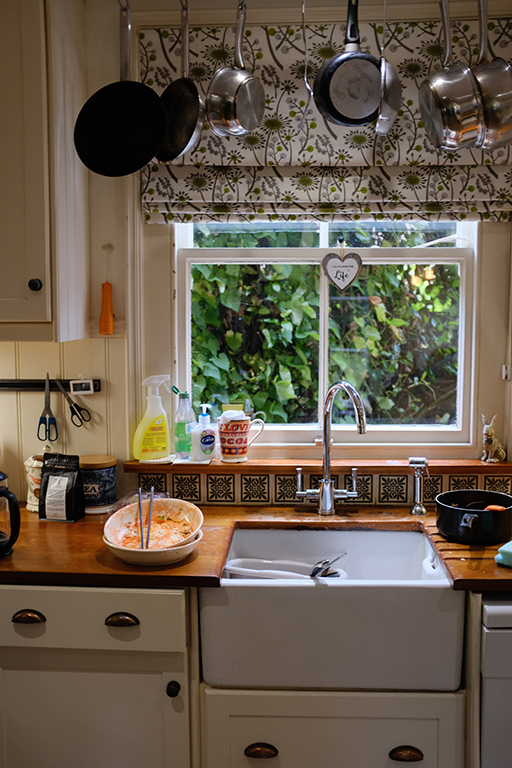Material Space & Homemaking: Experiences of Adult Third Culture Kids
Globalization has accelerated people’s mobility throughout the world. As a result, a growing group of people has grown up with a mobile lifestyle, moving from one culture and country to another during their developmental years. This group is called “Third Culture Kids” (TCKs) or “Adult Third Culture Kids” (ATCKs) as they reach adulthood.
The mobile lifestyle has taught TCKs “the idea of impermanence” and therefore studies show that ATCKs have problems anchoring themselves to any place. Many claim feeling “rootless” and finding it difficult to define where home is. Studies also show that ATCKs’ potential vulnerability to depression relates to the chronic cycles of loss and separation due to heightened global mobility experience.
While most research around ATCKs focuses on the psychological and cultural aspects, investigations about the role of the material space in their homemaking experiences are limited.
This raises questions as to what homemaking means for ATCKs and what the role of the built material is in their homemaking practices (e.g. how do ATCKs translate third culture into their home environment?). Thus, to understand how a material space affects (supports or hinders) ATCKs feeling like they belong and at home, an ethnographic research will be conducted to provide data and learn from this group in terms of homemaking, designing a home and the meaning of a material space.
This research will provide insight and fill in a research gap on the continuously growing, yet under-researched group and their material space. It will provide a deeper understanding that may be helpful for designers and non-designers to understand, learn from and design for this specific group. This research will also bring light to personal multiculturality and its relationship with the homemaking experiences in their material home and space.
This PhD research is conducted by Research[x]Designer Yasmin Zainul Mochtar, under supervision of Ann Heylighen and Andrea Jelić. It is supported by a scholarship from the Ministry of Education, Culture, Research, and Technology (MoECRT) of the Republic of Indonesia.
![Research[x]Design](https://rxd.architectuur.kuleuven.be/wp-content/uploads/rxd_logo_vertical_b.png)

